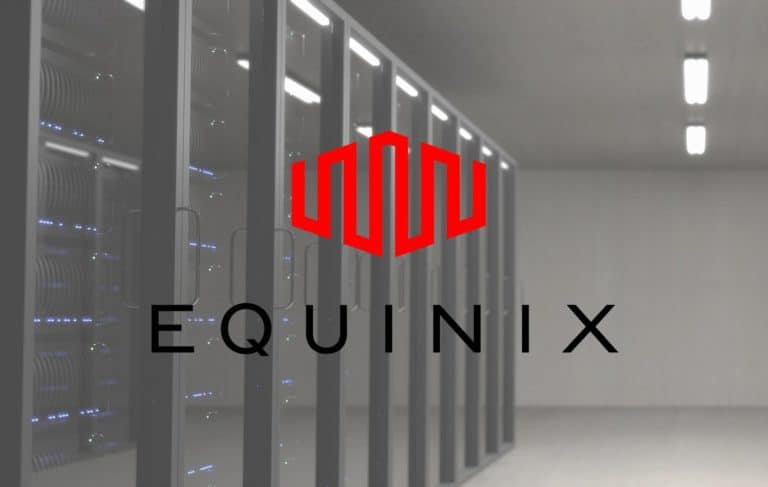The company also announced Kubernetes types and controllers, and other new additions
Equinix Metal today announced the addition of an application programming interface (API) for provisioning clusters on bare-metal servers to the Tinkerbell open source project. Tinkerbell is a bare-metal provisioning engine used to install operating systems along with other types of software.
Jeremy Tanner, head of developer relations for Equinix Metal, says the Cluster API for Tinkerbell will enable an IT team to declaratively provision Kubernetes clusters and the underlying operating system directly on a bare-metal server.
Jason DeTiberus, a Senior Staff Software Engineer at Equinix Metal, detailed the new features in a blog post. “Kubernetes inspired Tinkerbell’s declarative, API-centric characteristics,” he writes. Originally, however, the open source Tinkerbell project focused solely on provisioning and interacting with bare metal servers. This has now been extended with new features and integrations that “make it easier than ever to provision and manage Kubernetes clusters on bare metal,” according to DeTiberus.
Tinkerbell was born at Equinix Metal (formerly Packet) as a general-purpose bare metal provisioning engine and management tool, he adds. “You can use it to install operating systems, update firmware, manage applications, and perform other tasks on bare metal servers in remote data centers, even if the servers have no OS already provisioned.”
Tinkerbell takes flight with a suite of new features
Thanks to the introduction of Cluster API Tinkerbell, users can now set up Kubernetes clusters on bare metal servers using Tinkerbell as the provisioning engine and the Kubernetes Cluster API as the declarative provisioning framework.
Another big new addition to Tinkerbell, he says, is support for Kubernetes types and controllers. With these tools, “you can do things like listing Kubernetes resources, monitoring for resource changes, or managing RBAC settings directly–and in true real time–from Tinkerbell.’
Equinix Metal also overhauled the worker environment Tinkerbell uses when provisioning servers, DeTiberus explains. “Previously, that environment was OSIE. OSIE’s great, and we love it, but it has one major drawback: it weighs in at 2.4 gigabytes, which means it can take some time to transfer over a network.”
Equinix has now introduced Hook, OSIE’s LinuxKit-based replacement. It is considerably smaller, at just a few hundred megabytes. “This smaller footprint makes working with Tinkerbell that much more convenient,” DeTiberus says.
